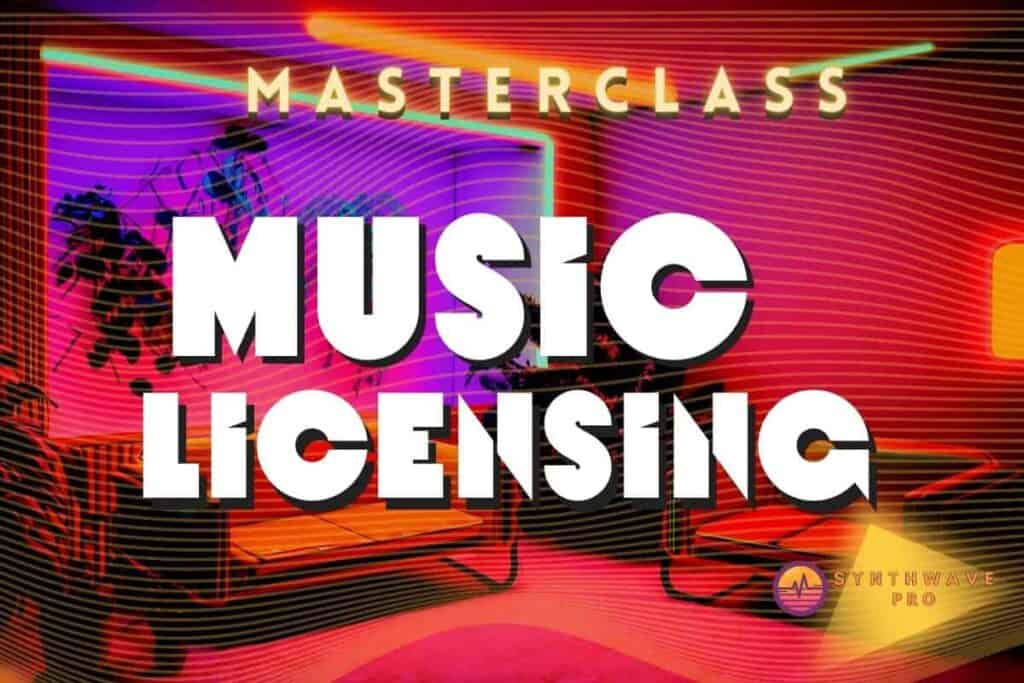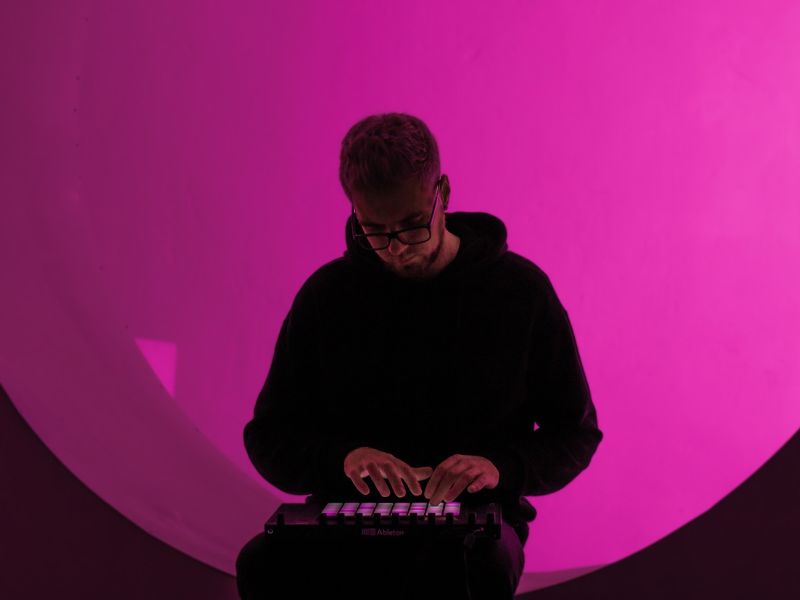Synthwave. It’s a genre built on nostalgia, but that doesn’t mean your music has to be a carbon copy of the past. While paying homage to the classics is important, finding your own unique voice within the synthwave landscape is what will truly make your music stand out. This post explores how you can carve your own sonic niche and leave your mark on the genre.
Deep Dive into the Synthwave Spectrum:
Before you can forge your own path, you need to understand the terrain. Synthwave isn’t a monolithic genre. It encompasses a wide range of styles, from the dreamy soundscapes of Outrun to the gritty, dystopian vibes of Darksynth, and everything in between (e.g., Retrowave, Dreamwave, Chillwave, etc.). Spend time exploring these subgenres. Listen to a diverse range of artists, both established and up-and-coming. Identify what resonates with you, what elements you enjoy, and what you might want to explore further.

Beyond the 80s: Influences Outside Synthwave:
Look outside the genre for inspiration. What other musical styles do you enjoy? Are you a fan of classic rock, jazz, electronic dance music, or even classical music? Don’t be afraid to incorporate elements from these genres into your synthwave productions. Blending different influences is a great way to create something fresh and original. Perhaps a hint of prog rock in your arpeggios, a touch of blues in your melodies, or even a dash of industrial in your drum programming.
Experimentation is Key:
The most crucial step in finding your voice is experimentation. Don’t be afraid to try new things, even if they seem unconventional. Play around with different synths, effects, and production techniques. Explore different scales, modes, and chord progressions. Push the boundaries of what you think synthwave should sound like. Some of the most innovative music comes from taking risks and venturing into uncharted territory.
Embrace Your Imperfections:
Perfection is the enemy of creativity. Don’t get too caught up in trying to make your music sound perfect. Embrace the imperfections, the unexpected glitches, and the happy accidents. Sometimes, the most interesting sounds come from mistakes. These “mistakes” can often lead to unique sonic textures and unexpected musical directions.
Tell Your Story:
Music is a form of storytelling. What stories do you want to tell with your music? What emotions do you want to evoke? Think about the themes and concepts that are important to you and try to express them through your music. This could be anything from personal experiences to social commentary to purely imaginative narratives.
Find Your Sonic Signature:
As you experiment and develop your skills, you’ll start to develop a unique sonic signature. This could be a particular synth sound you frequently use, a certain rhythmic pattern you favor, or a specific way of structuring your tracks. Over time, these elements will become your trademark, making your music instantly recognizable.
Seek Feedback and Collaboration:
Sharing your music with others is an important part of the creative process. Get feedback from other musicians, producers, and listeners. Don’t be afraid of constructive criticism. It can help you identify areas where you can improve and refine your sound. Collaborating with other artists can also be a great way to expand your creative horizons and discover new perspectives.

Be Patient and Persistent:
Finding your voice in any artistic field takes time and effort. Don’t get discouraged if you don’t find it overnight. Be patient, persistent, and keep creating. The more you practice and experiment, the closer you’ll get to discovering your true artistic voice.
Don’t Chase Trends:
While it’s important to be aware of current trends in synthwave, don’t try to emulate them too closely. Chasing trends will only make your music sound dated in the long run. Focus on creating music that you love and that reflects your own unique vision.
Most Importantly: Be Yourself:
The most important piece of advice is to be yourself. Don’t try to be someone you’re not. Let your personality and your passions shine through in your music. Your unique perspective is what will make your music truly special.
Finding your voice in synthwave is a journey of self-discovery. Embrace the process, experiment fearlessly, and let your creativity flow. The world is waiting to hear what you have to say.
Recent Posts
Finding time to produce music while managing a job can be challenging, but several strategies can help you balance both effectively. Prioritize Music Production Make music a priority in your...
We often imagine making music as an effortless flow of creativity—strumming guitars in sunlit rooms or producing beats late into the night with pure passion. But for many musicians, there’s a...

